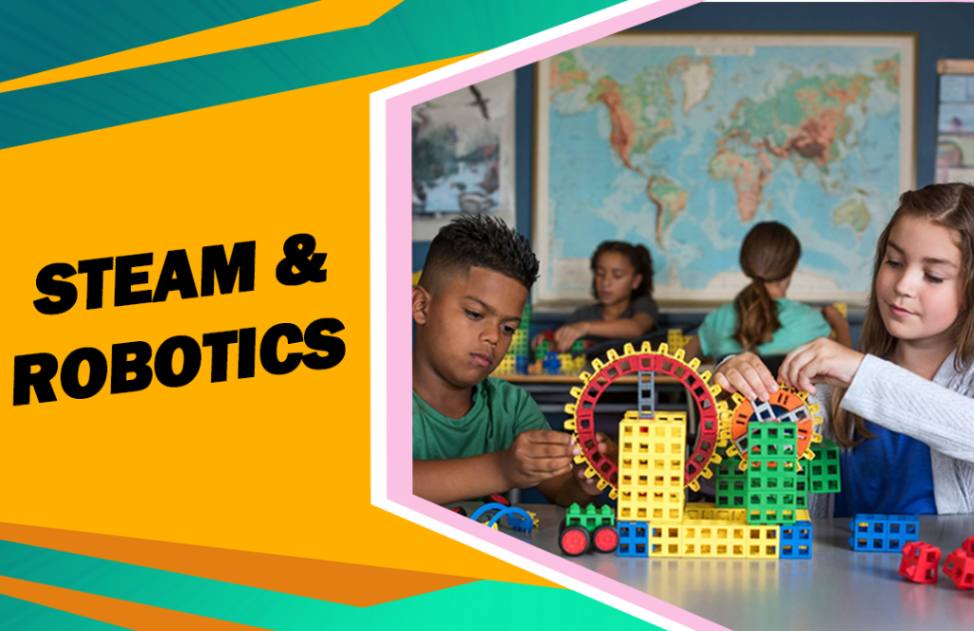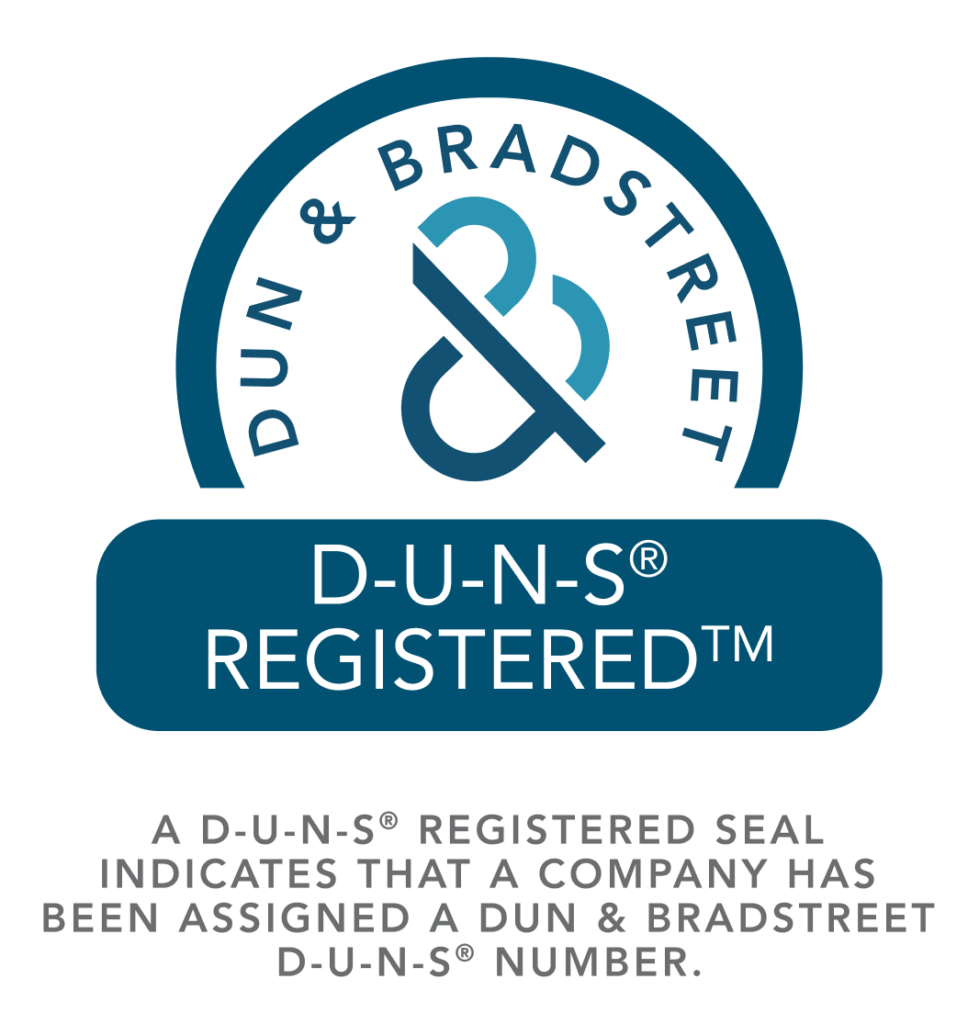In the rapidly changing 21st century, when technology is a part of everyday life, it is critical to cultivate a strong foundation in STEM subjects—science, technology, engineering, and math. Coding and robotics labs have become dynamic learning spaces that are essential in preparing students’ brains for the possibilities and challenges of the future.
Through hands-on learning, robotics encourages students to use their imaginations and come up with innovative creations.
Through this hands-on learning approach, students get to observe how their academic knowledge is utilized in real-world applications which makes their educational foundation very strong.
It helps them to acquire 21st-century technical skills such as logical reasoning, computation thinking skills, teamwork, and many more.
By doing experiments students can determine how much they have truly learned in their theoretical classes.
Since schools are the first place where children start learning, schools must create an engaging learning platform by including Robotics and coding labs in their academic curriculums.
Since computers are now employed in almost every industry, students need to be familiar with them and learn how to code to communicate to computers what tasks we want them to perform.
Let us take an example to understand what coding is
If our mother wants us to do any work, she tells us in a particular language that may be Hindi, English, or any other, in the same way, if we want computers to perform any work we have to learn certain languages that may be C, C++, Python or any other language This is because computers are machines, not humans, and to use them efficiently, we must become proficient in machine language.
It requires a lot of practice to develop all these robotics and coding skills, which is why we must introduce our children to these technologies at an early age.
STEMROBO is one of the top educational technology companies providing end-to-end solutions to K-12 students.
We have integrated robotics labs that allow students to do Hands-on learning and engage in project-making activities.
We have also integrated our STEAM and Robotics educational programs that aim to prepare students for the 21st-century workforce by equipping them with the skills necessary to solve complex problems and innovate in a rapidly changing world.
Robotics allows students to learn STEM concepts through hands-on activities. They learn how to program design and make their robotics projects. Our integrated approach mainly focuses on project-based learning, where students work in teams to design and build solutions to real-world challenges.
Additionally, we created AI Connect, our in-house platform—the best platform in the world for learning AI and ML. It includes proper lesson plans, tests, and assessments for monitoring the growth of students. This makes it easier for parents as well as teachers to identify their children’s strong and weak areas and focus on those areas.
Its primary goal is to teach K–12 children how to code through engaging, interactive block-based learning. We have developed this platform in a way that students are attracted by the colourful boxes and puzzles to solve, and this block-based approach makes learning to code very simple and engaging.
We have designed it in a way that can be utilized by every student of different ages and grade levels.
Additionally, it provides online learning so that students may study coding from anywhere in the world.
This is a very useful platform for such students who find it difficult to sit still and study for a longer time, for them, we have tailored recorded lectures in such a way that they can learn the concepts according to their learning capacity, and after that, they can pause the lecture. If they wish to watch it again, they may continue where they left off before.
It is not only an option, but a need for academic curriculum in schools to include robotics and coding labs to equip students to succeed in the challenges of the future. These labs go beyond conventional teaching techniques, encouraging a level of creativity, teamwork, and problem-solving abilities that are crucial in the quickly changing world of technology. Through experiential learning and real-world application of STEM concepts, school systems are genuinely enabling the upcoming generation of innovators, engineers, and problem solvers.






